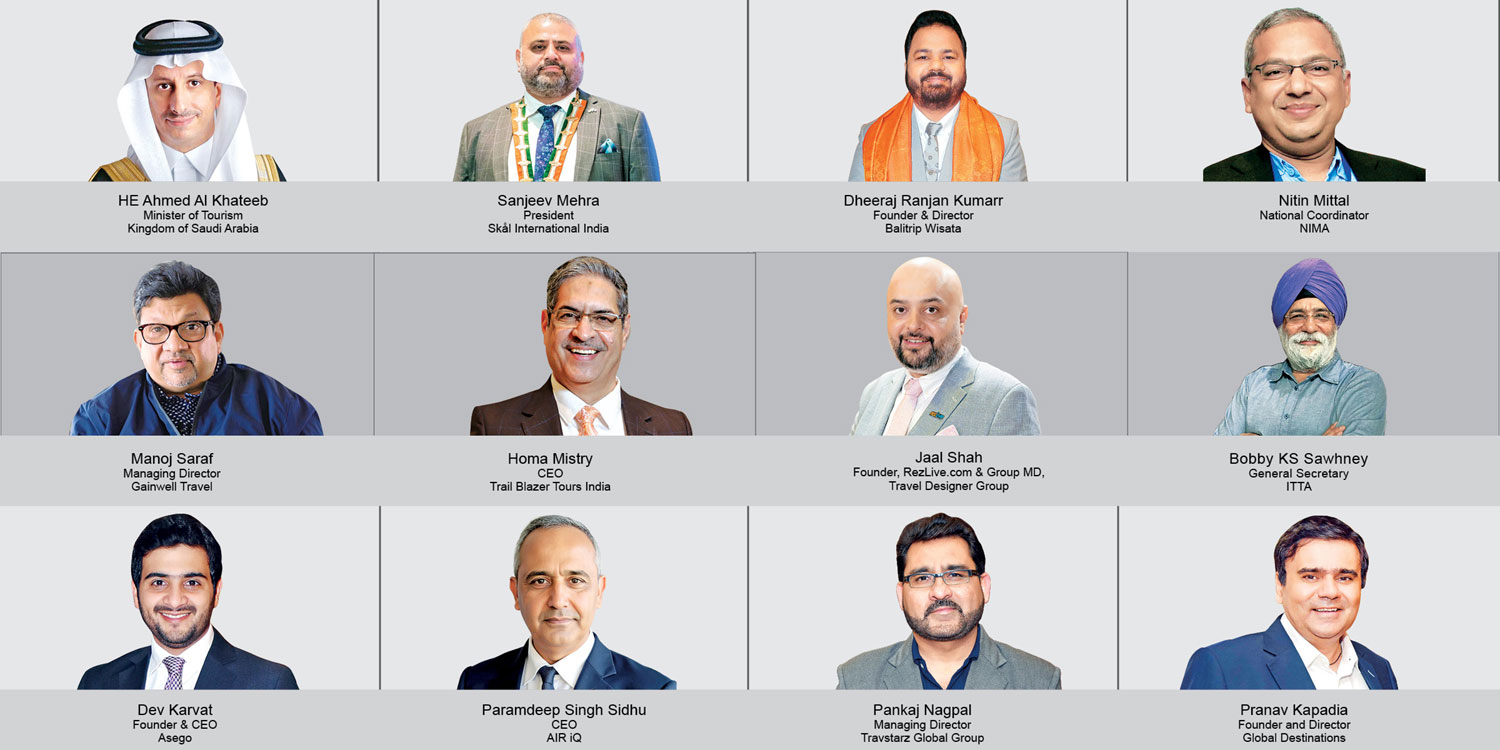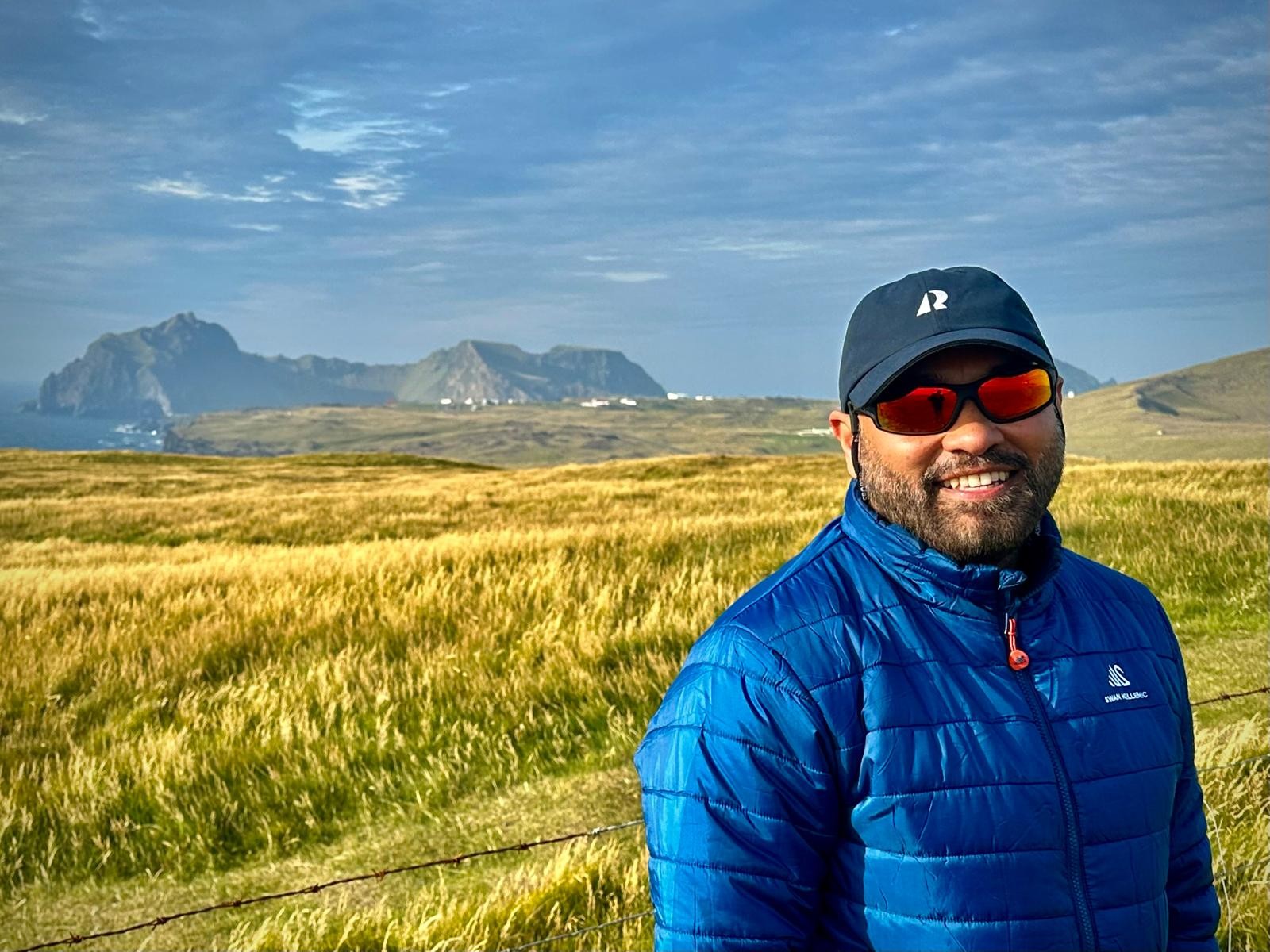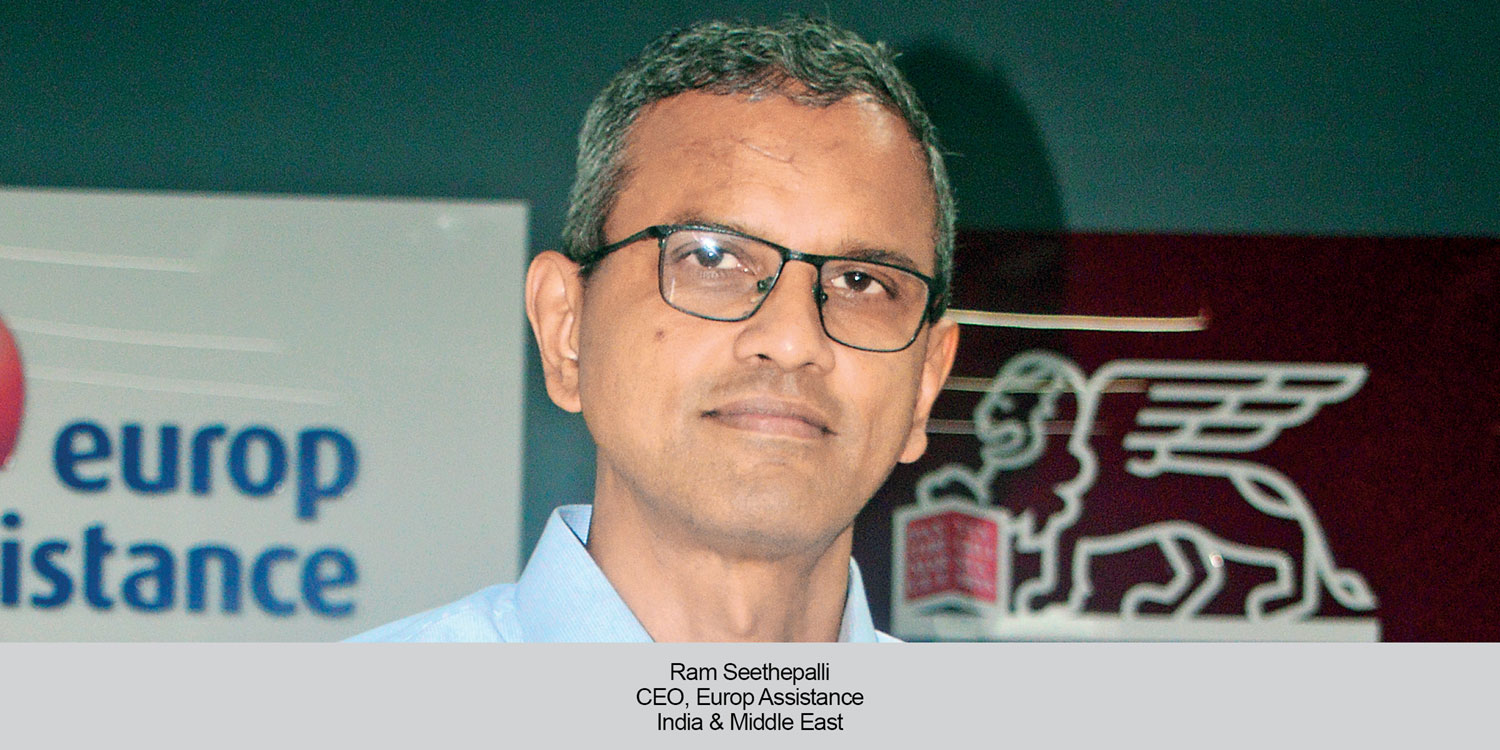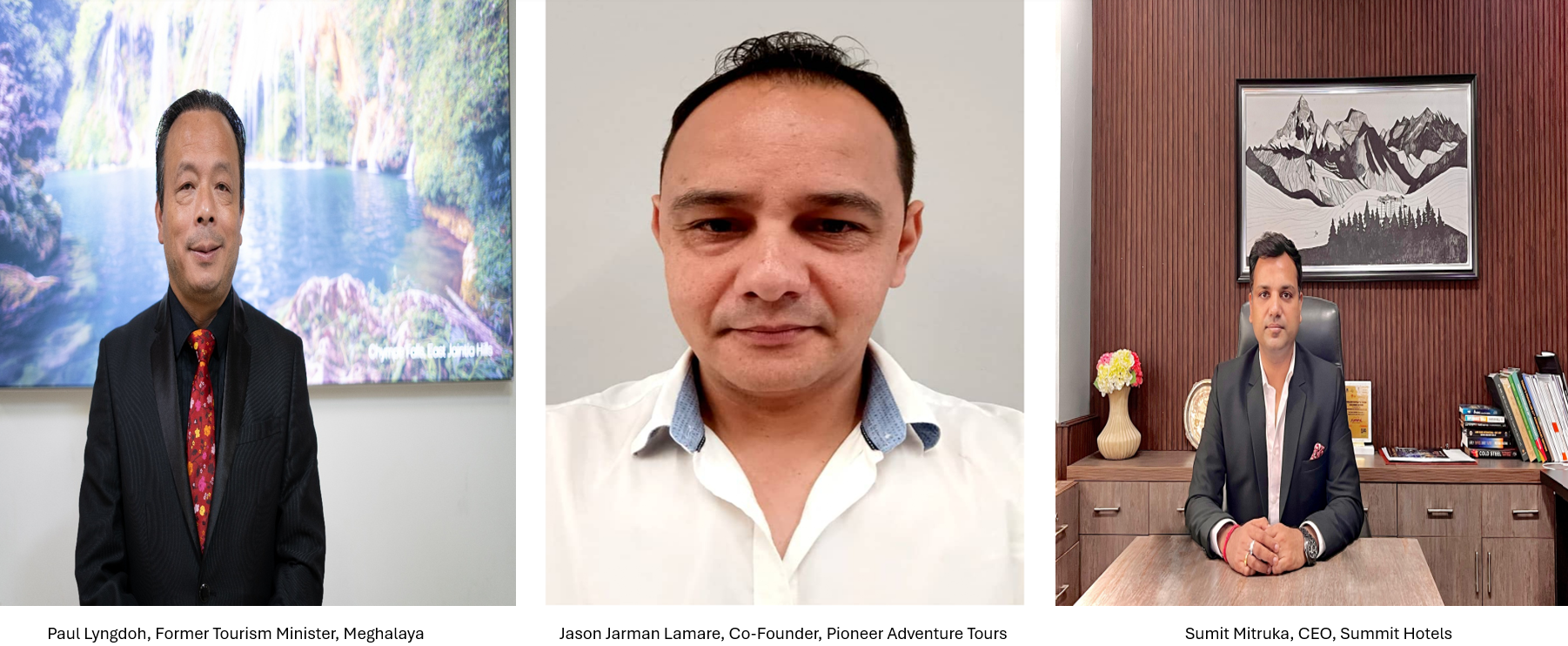Rikant Pittie, Co-Founder, EaseMyTrip, reflects on the year gone by, plans for the company & the travel startup landscape in India.
Hazel Jain
What is your prime focus right now?
With the Indian Angels show, I got the opportunity to pursue my interest in helping startups and aspiring entrepreneurs on a grand scale. Currently, I am allocating my time to help the ventures in all ways possible that I have invested in. As far as the business front is concerned, we are planning to add new travel-related business verticals inorganically to EaseMyTrip in the coming months with some recent launches being our Corporate Travel Division, EasyDarshan for Spiritual Travel, our retail stores, premium cards for HNI, and our smart voice recognition tool. Hence, this development is taking up a major chunk of my time nowadays. I am keen on bringing up divisions that are asset-light, tech-based, and synergistic. Having said this, novel innovations, associations, and tech-driven offerings continue to be on my agenda for the future.
How is the travel startup landscape today in India?
India boasts of having the third-largest startup ecosystem in the world. The tourism industry is growing significantly and startups have a crucial role to play in this development. Tech-driven startups are gradually entering the market as technology has emerged as a critical aspect of the sector, enabling growth and innovation. India has startups enabling seamless planning and booking of travel services or assist travel service providers with technology solutions, along with offering ease of discovering and booking travel-related services such as transportation, accommodation, facility management, tours, ticketing, and activities through online portals. The startup count is growing and is, in fact, garnering investor interest, a trend that was unimaginable a few years ago. Venture capitalists are now keen on driving the expansion plans of travel tech startups in India.
What are some of the requirements for VC funding today?
Despite the funding crisis and geopolitical situations, travel companies attracted over $27 billion worth of investments from 2020 to 2022. In fact, 2021 will set a new record of just under $11 billion. This indicates that investor appetite has surpassed pre-COVID levels. However, this year the startup funding landscape had a lukewarm performance in the first half of the year. Raising funding has become challenging nowadays, but the ventures that are able to do so end up getting significant amounts. As far as the criteria for VC funding are concerned, I feel investors now prioritize the scalability of businesses, their tech infrastructure, and capability to deal with unforeseen situations. After COVID, I feel such attributes are important for investors to consider before they can commit to supporting ventures in their journey. So, today, the investment landscape has become tougher than before. But at the same time, it continues to remain rewarding.
Your message to upcoming startups in the travel and hospitality space.
I strongly believe that the future of startups in the travel and tourism industry is highly promising, as there is a lot of untapped potential. My suggestion for budding entrepreneurs would be to ‘think local’ as significant value lies in showcasing local experiences, cuisines, arts, and crafts. As the experiential travel trend is catching up globally, there’s no place better than India to offer localized experiences, promoting diverse cultural heritage and traditions. Next, I feel they should focus on sustainability. Environmental consciousness is the need of the hour.
 TravTalk India Online Magazine
TravTalk India Online Magazine





